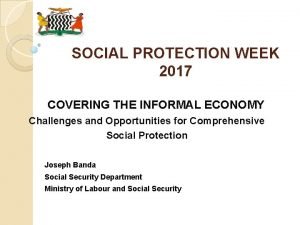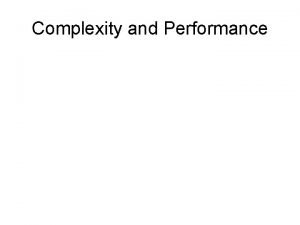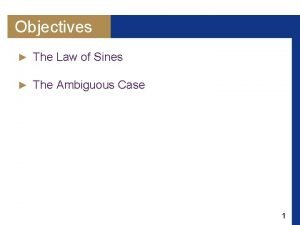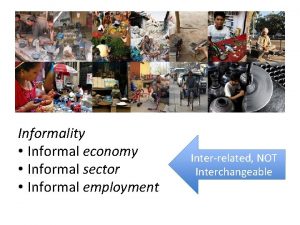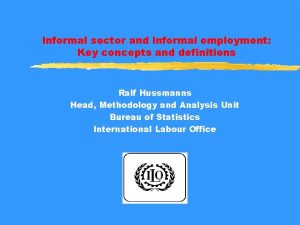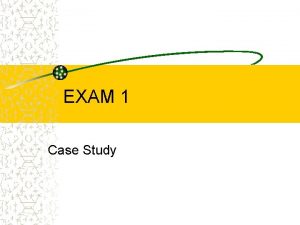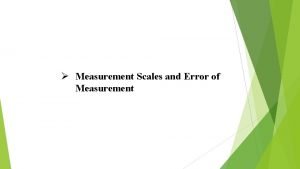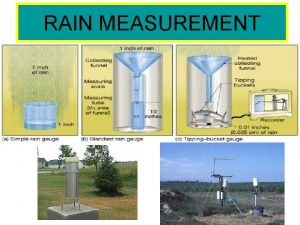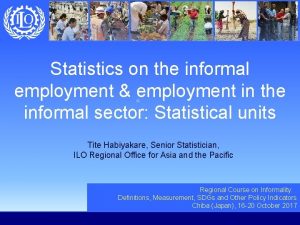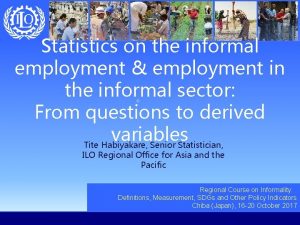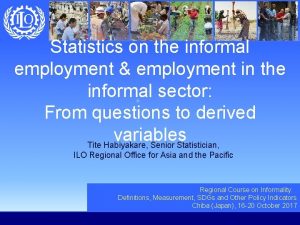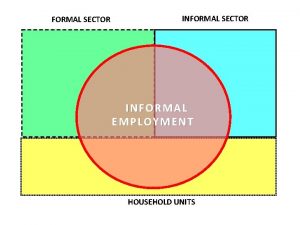Measurement of Informal Sector and Employment Case study












- Slides: 12

Measurement of Informal Sector and Employment: Case study of Palestine Saleh Alkafri Discussant Derek Blades

ILO definitions • Informal enterprises (unincorporated, unregistered, do not pay taxes) • Informal employment ( working in informal enterprises, own account workers for own final use only) • Informal jobs (no written contract, no social security)

ILO Indicators • % informal enterprises • % informal employment • % informal GDP • % of informal/unprotected employment • Kinds of activity of informal enterprises • Occupations of informal employees

Data problems • Problems common to most countries – No dedicated surveys of informal sector – Amount of detail from surveys decreases as enterprises get smaller • Conflict – Gaza excluded from population census – Gaza destruction – Disruption of economic life in the West Bank by occupation

1 – 2 Survey • First survey is Labour Force Survey • Identifies persons/households employed in informal jobs • Second survey focuses on these persons/households • Sampling and weighting issues • LFS first modified to 1 -2 format in Q 4 2008 • Some preliminary results

Some results • 37% of all enterprises are informal • 45% of all private sector enterprises are informal • Informal sector employed 22% of total employment • Informal value added represents 8% of GDP • 54% of employees are unprotected

Some results: employment Informal employment Formal employment Total Informal sector 141 200 (41%) Zero (0%) 141 200 (22%) Formal sector 205 500 (59%) 295 300 (100%) 500 800 (78%) Total 346 700 (100%) 295 300 (100%) 642 000 (100%)

Why measure informal? ILO Approach • Standard definitions for enterprises, employment, jobs • Standard indicators of size of informal sector, informal employment • International comparability Broader approach • Improve labour statistics • Exhaustive national accounts • Looser definitions adapted to each country • No measure of “informal sector” as such. • Information for policy purposes.

Information for policy • • Survival strategy or business opportunity Kinds of activity Main or secondary source of income Labour productivity Age, gender, education of informal workers Access to bank credit Barriers to growth

Taxes are a delicate matter • Can we ask – “Do you pay taxes? ” • Can we ask – “Does your employer pay taxes? ” • Should we ask these questions? • Reliability of answers? • Danger of linking statistical office with the tax authorities

Four questions • What is meant by “projects”? • What are “inside” and “outside” enterprises? • What lessons for the next 1 -2 survey • What is informal employment in the formal sector?

Some results: employment Informal employment Formal employment Total Informal sector 141 200 (41%) Zero (0%) 141 200 (22%) Formal sector 205 500 (59%) 295 300 (100%) 500 800 (78%) Total 346 700 (100%) 295 300 (100%) 642 000 (100%)
 Best case worst case average case
Best case worst case average case Crm failure case study
Crm failure case study Defination of informal sector
Defination of informal sector Ejemplo de lenguaje formal
Ejemplo de lenguaje formal Sam and verna
Sam and verna Long case and short case
Long case and short case Binary search average case
Binary search average case Bubble sort best case and worst case
Bubble sort best case and worst case Bubble sort best case and worst case
Bubble sort best case and worst case Bubble sort best case and worst case
Bubble sort best case and worst case Ambiguous triangle case
Ambiguous triangle case Plant and machinery valuation report sample
Plant and machinery valuation report sample Phenomenology vs case study
Phenomenology vs case study


